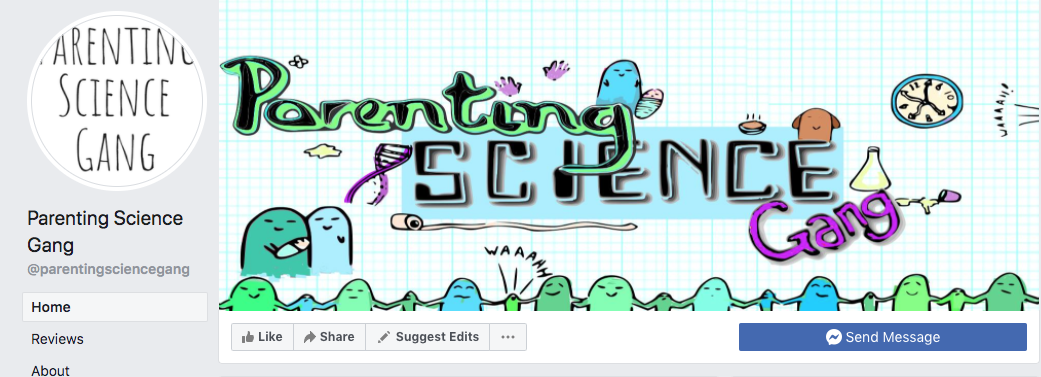Who's Facebook for?
Even though Facebook has waned in terms of growth and relevance over the last few years, it remains the biggest social media platform in the world, with more than 2.8 billion users.
Far less relevant as a source of news and information, a Facebook page does offer an informal alternative to having a website that many internet users find acceptable and credible. Most of all, Facebook is still a good platform for community-building and engagement – so if that is your goal or one of the targets of your messaging, then Facebook might be worthwhile for you.
Types of Facebook profile
Facebook offers three profile options: a personal Facebook profile, a Facebook page (for your project, centre, business, etc., like the (opens in a new window)Patient Voice in Cancer Research example above) and a Facebook group (community page). You must have a personal profile in order to create or participate in the other two, but Facebook groups offer potentially the most opportunity for research engagement and promotion.

Facebook groups, like the (opens in a new window)Parenting Science Gang example above, are community-led, and the content is generated by members of the group, as opposed to just the page owner. You could engage with members of a particular group by simply joining and introducing yourself to the community. These interactions should be authentic and reciprocal, sharing things that will genuinely interest the group and responding to posts by other members. Once you have established a relationship with a community, you can:
- Generate further research topics or questions through dialogue
- Share outputs relevant to your discussions with the group
- Recruit participants to research surveys (taking care to adhere to UCD Guidelines for Recruiting Research Participants)
Pages, by comparison, allow you to build a community of followers with whom you can freely communicate about your research and related events, although page followers tend to share and interact a lot less than group members.
Even if you're not active on it often, it can be good to have a Facebook profile or page so that you and your research are visible on the platform – if only to claim the space and have a presence where it's expected.